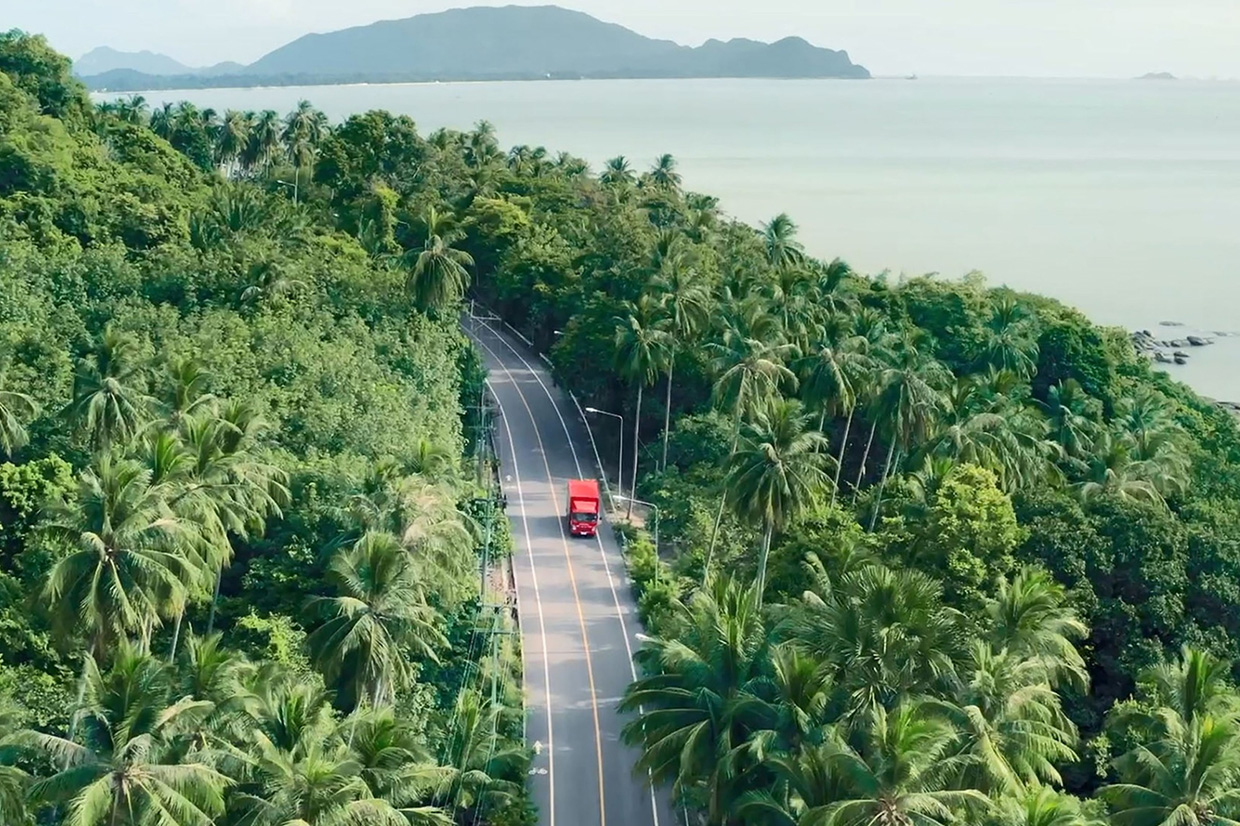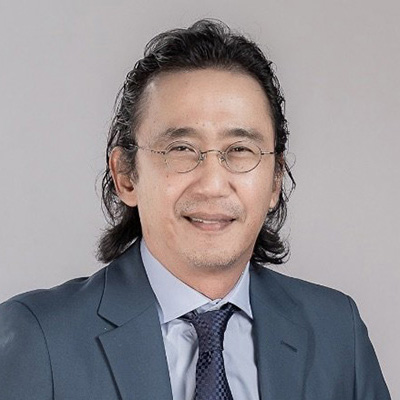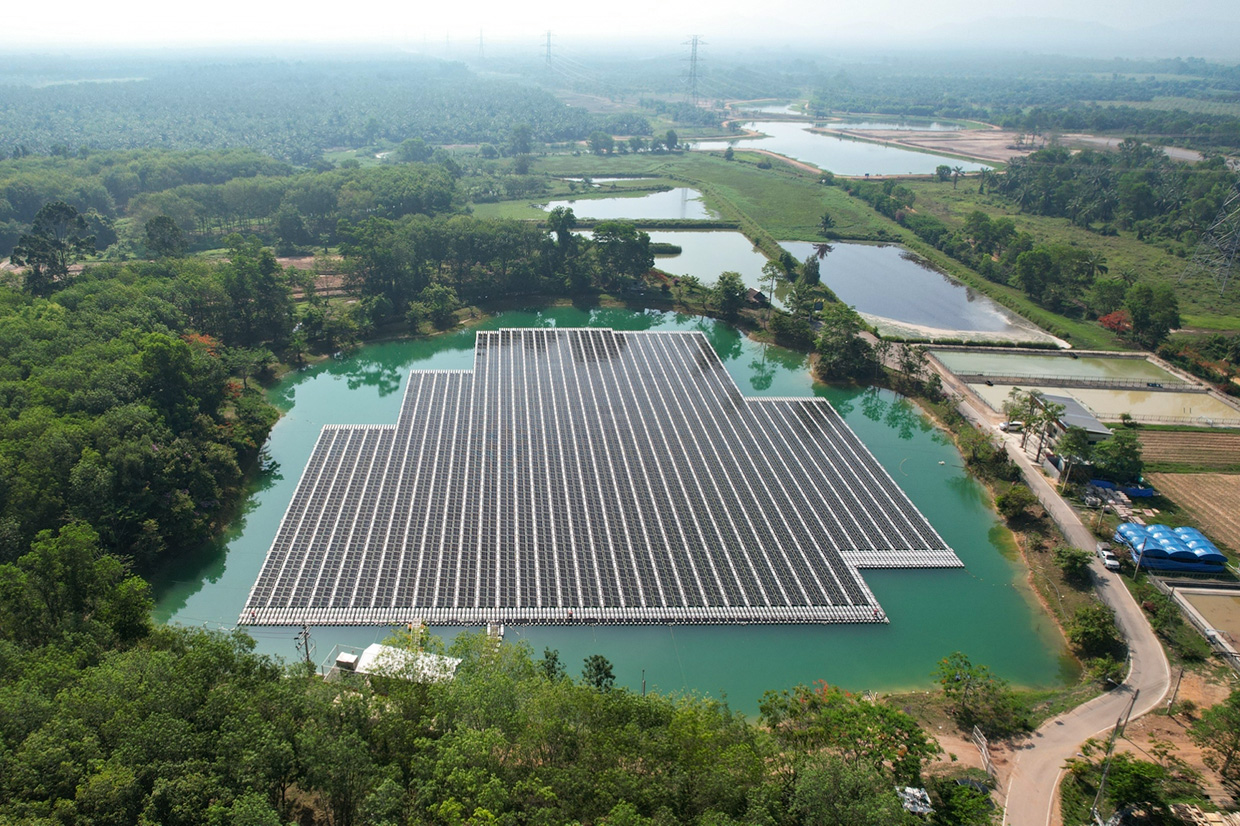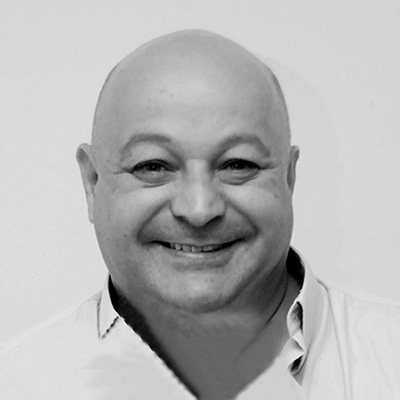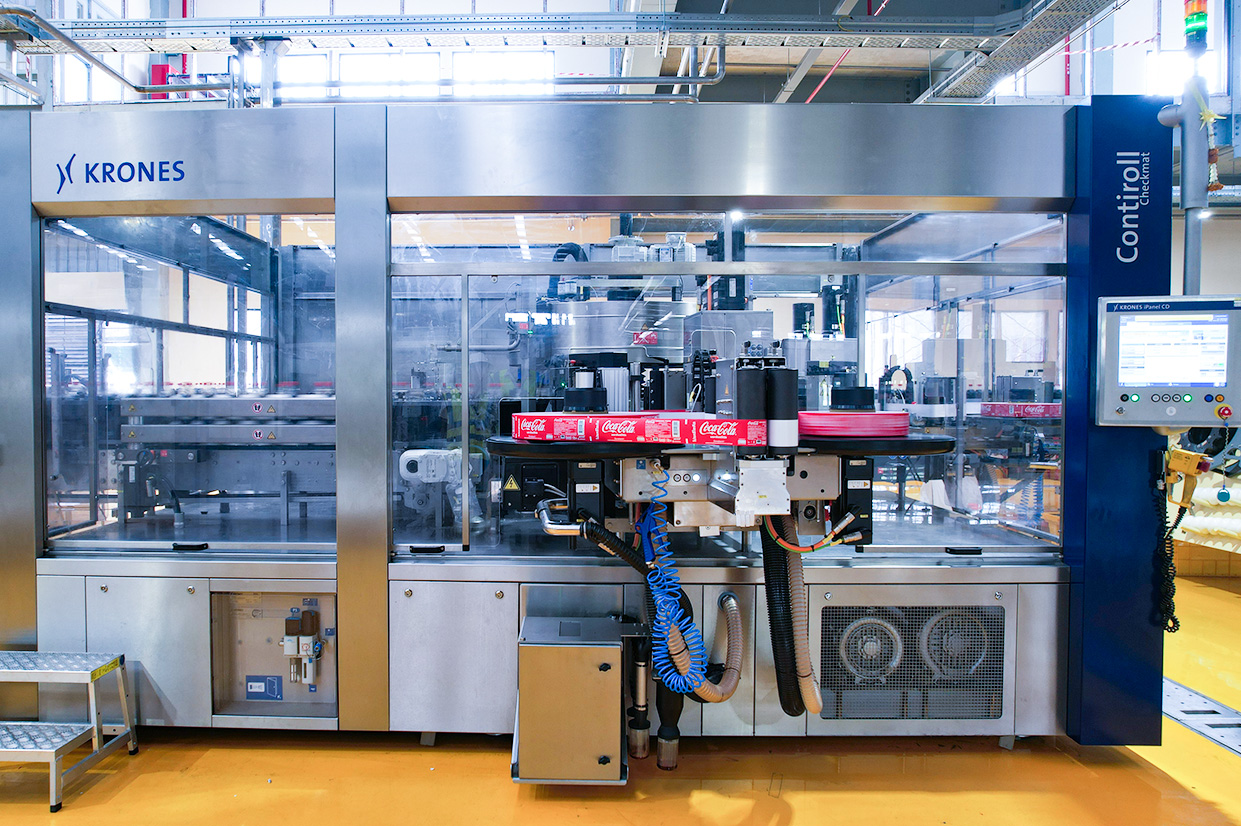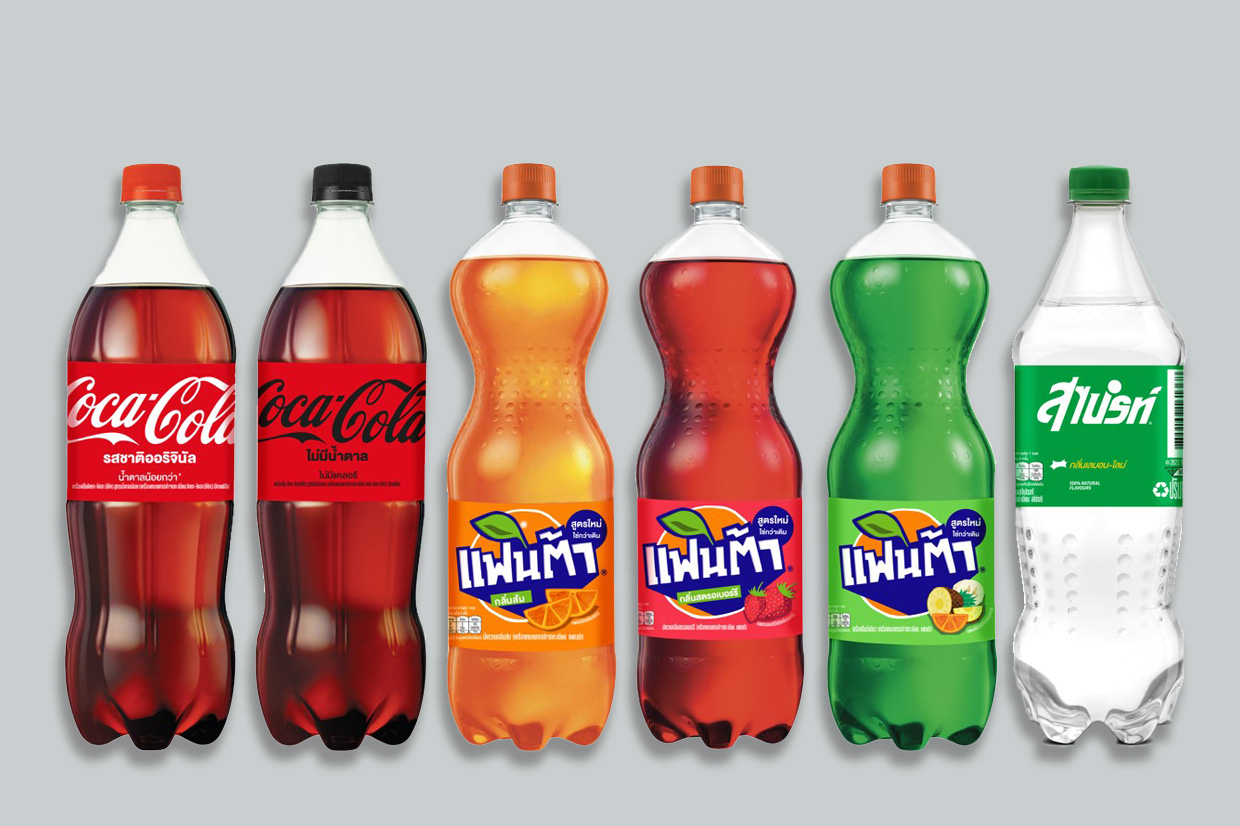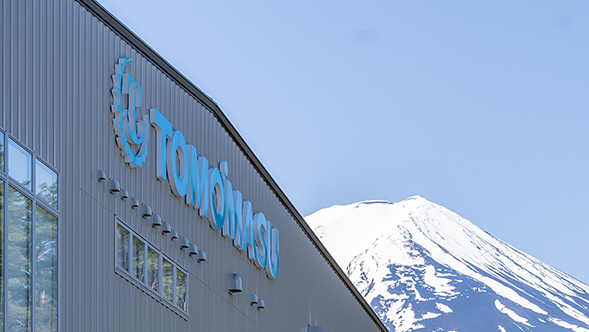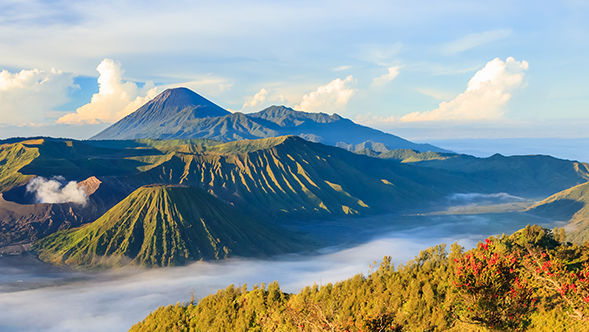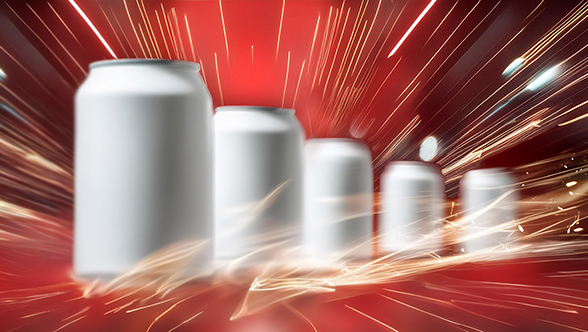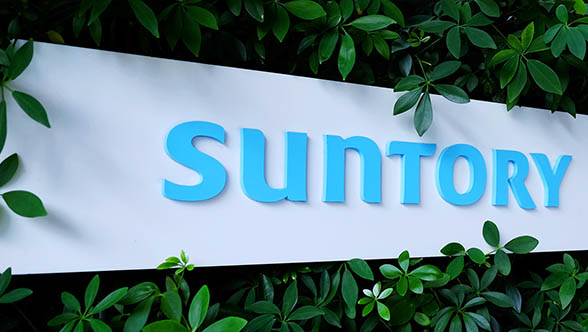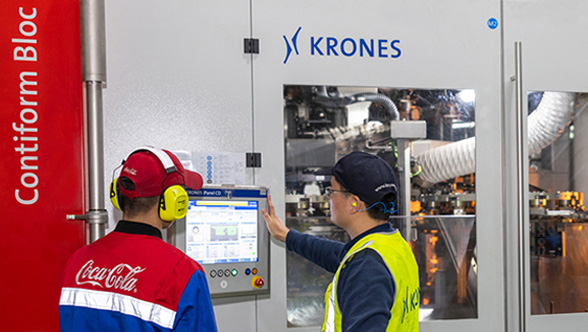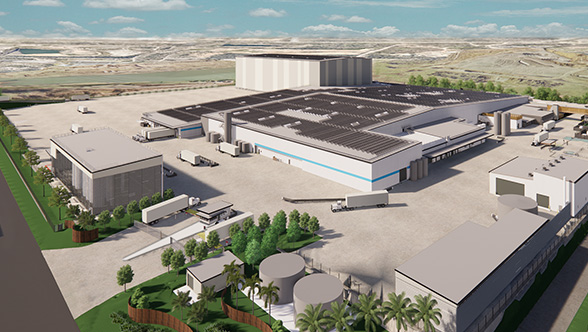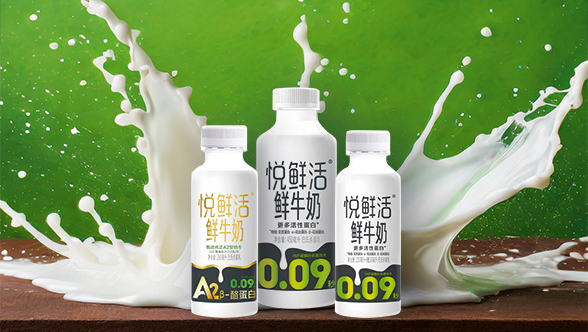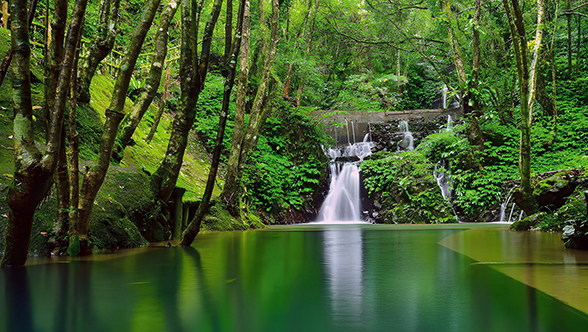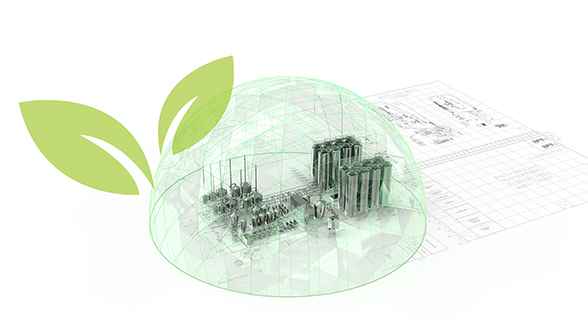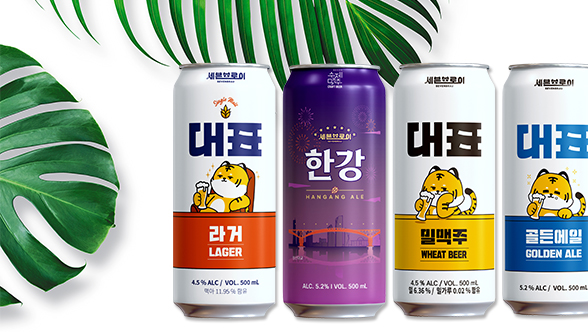Turquoise waters, towering limestone cliffs and dense jungle – if you google Surat Thani, you’ll likely want to immediately book a flight there and set off for adventure. The natural diversity of this region in southeastern Thailand is not only beautiful. It is also home to many local communities that have been farming and fishing for their livelihoods for many generations and provides important habitat for a variety of animal and plant species. For example, countless exotic animals live in Khao Sok National Park: With a little luck, you might cross paths with an elephant or catch a glimpse of gibbons in the jungle canopy.
“We’re very fortunate to live and work in one of the most beautiful places on Earth,” says Jacky Benedetti, Senior Vice President (Supply Chain) at Haad Thip. The beverage plant lies in the western part of Surat Thani, capital of the eponymous region. “To preserve this rich diversity and generate sustainable value for the local communities, we have set ambitious targets within the framework of the UN Sustainable Development Goals.” Together with the Coca-Cola Business Group and other partners in Thailand, Haad Thip has been striving to be a leading corporate group with a focus on responsible and sustainable use of beverage packaging. To this end, the bottler is implementing concrete measures aimed at achieving visible, quantifiable results.

